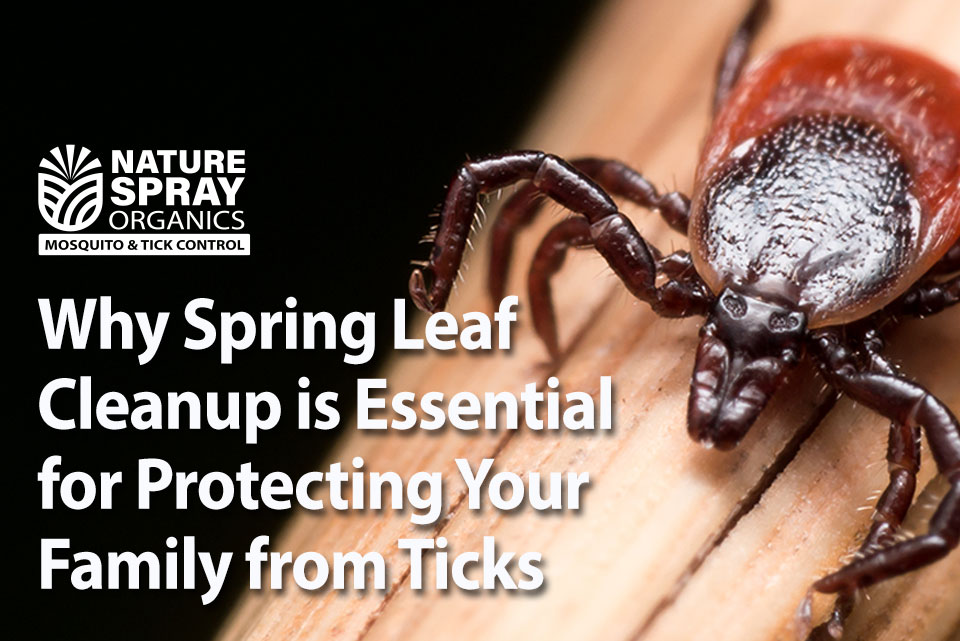As the weather warms up and spring approaches, many homeowners turn their attention to yard work. Spring leaf cleanup is one of the most critical tasks on the to-do list. While it may seem like a tedious chore, it’s actually a crucial step in maintaining a healthy yard and protecting yourself and your family from ticks.
Ticks are tiny, blood-sucking arachnids that can carry many diseases, including Lyme disease, anaplasmosis, and babesiosis. They thrive in wooded areas and tall grass but can also be found in leaf litter and debris in your yard. That’s why getting rid of any leaf buildup from the previous fall is essential.
When leaves accumulate on your lawn, they create a damp and shaded environment perfect for ticks to thrive. They use the leaves as a hiding place, waiting for a host to pass by so they can attach themselves and feed. Removing the leaves eliminates the ticks’ habitat and reduces their numbers in your yard.
But simply raking and bagging the leaves isn’t enough. It’s essential to make sure that you dispose of them properly. Ticks can survive for several days in leaf litter, so leaving the bags of leaves around your yard could create a breeding ground for ticks. Instead, dispose of the bags in your municipality’s designated yard waste disposal site.
In addition to removing the leaves, there are other steps you can take to reduce the tick population in your yard. Keep your lawn mowed and remove any tall grass or weeds. Trim back any overhanging branches or shrubs that touch the ground. Create a wood chips or gravel barrier between your lawn and any wooded areas.
It’s also essential to protect yourself and your family from ticks when spending time outside. Wear long-sleeved shirts and pants, tuck your pants into your socks, and use insect repellent containing DEET or picaridin. Check yourself, your children, and your pets for ticks after spending time outside.
In conclusion, spring leaf cleanup is essential to ridding your yard of ticks. By removing the leaves and creating a less hospitable environment for ticks, you reduce the risk of tick-borne diseases and protect your family’s health. So, grab your rake and get to work – your yard (and your family) will thank you for it!
